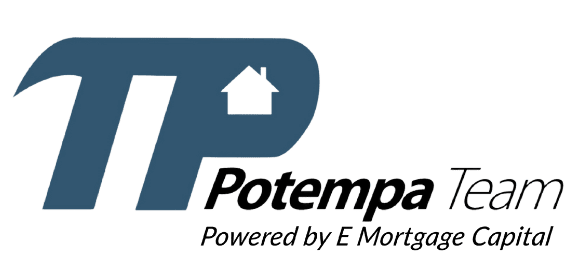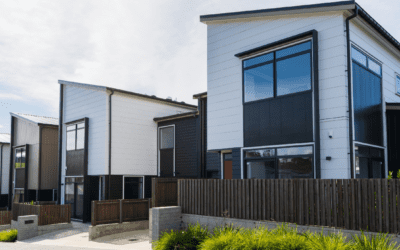Embarking on the home-buying process comes with many decisions. Aside from finding the house of your dreams, choosing the right home loan for your needs is another important decision. There are two primary types of home loans to consider –conventional and FHA. Both of these have pros and cons that you’ll have to work through to make the decision that you feel is in your best interests.
What is a conventional home loan?
A conventional home loan is offered through a private institution and is not backed by the federal government. These loans are divided into two broad categories:
- Conforming: A conforming loan meets the rules and limits set by Fannie Mae or Freddie Mac. There are two subgroups in this category – conventional conforming and conforming jumbo.
- Nonconforming: A nonconforming loan doesn’t meet the standards and limits set by Fannie Mae or Freddie Mac. These include certain jumbo loans, subprime loans, and loans made for unusual circumstances.
Conventional loans are meant for home buyers who have a sizable down payment and a well-established credit profile. Each financial institution sets its own terms for what a person needs to qualify for a conventional home loan.
Typically, you’ll need a credit score of at least 620 to qualify for a conventional mortgage. However, some lenders set higher standards because these loans are a considerable risk since the federal government doesn’t back them. You’ll also need a debt-to-income ratio of 50% or less for a conventional loan. For conforming home loans, there’s a loan limit of $647,200 in most areas of the country; however, some locations with a higher cost of living have a higher limit for conforming home loans.
Some home buyers may be able to put down as little as 3% of the purchase price to obtain a conventional mortgage. People who want a conventional home loan should be prepared to pay for private mortgage insurance, or PMI, if they put a down payment of less than 20% on the home. PMI is required for any mortgage with a down payment of less than 20%. Borrowers can ask that the PMI be removed when the balance of the mortgage falls below 80%, and lenders must cancel it when the balance falls below 78% of the original home value.
Conventional loans aren’t limited only to financing a primary residence. These can also be used for rental properties, vacation homes, and other types of homes. All FHA home loans are conforming home loans.
What is an FHA home loan?
An FHA loan is backed by the Federal Housing Administration and only offered by approved lenders. Many first-time homebuyers turn to an FHA loan because these loans are easier to obtain than a conventional mortgage. A home buyer’s credit score has to be at least 500; however, most lenders use the higher and more preferable score of 580. Remember, the lower the credit score, the higher the interest rate that will come with the home loan.
The debt-to-income ratio for an FHA loan is 50% unless the borrower has a credit score below 580. A lower credit score requires a DTI of up to 45%. The loan limit for an FHA mortgage is $420,680 in most of the country. Higher-priced markets have a limit of up to $970,800. FHA loans aren’t allowed to go over those limits, so this might be a limiting factor for people in some areas. An FHA mortgage requires the borrower to put down at least 3.5% of the purchase price. Therefore, having a larger down payment will result in the home buyer getting more favorable terms for the home loan.
People who use FHA home loans will be responsible for paying mortgage premium insurance, or MIP. A person with a down payment of at least 10% will have to make the payment for 11 years before it’s canceled. A person who has a smaller down payment than 10% will have MIP for the entire length of the mortgage unless they refinance the mortgage later.
FHA loans can be used only for a primary residence. This includes properties that are up to four units, as long as the homebuyer lives in one of the units. It can also be used for mobile homes, condominiums, and manufactured homes. People who need an FHA home loan for a mobile home have two options available — one for those who own their land and one for people who will move the home onto a rental lot. There are also certain FHA loans for people who need to renovate an existing home or who want to purchase new construction. It’s also possible to refinance into an FHA home loan.
Which mortgage is right for you?
The choice of a home loan is one that requires you to look at your overall financial situation. You should consider the down payment amount and monthly payments to determine if you’ll be able to keep up with the loan payments. The length of the loan and closing costs should also be considered when trying to find the best mortgage for your financial situation.
Sorting through the options you have for a mortgage can be challenging. The professionals at The Potempa Team are here to help you find the best deal on a home loan. We work closely with you to go through the competitive home loan offers available to you. Give us a call today to learn more about why our clients entrust us with finding the home loan they need.





